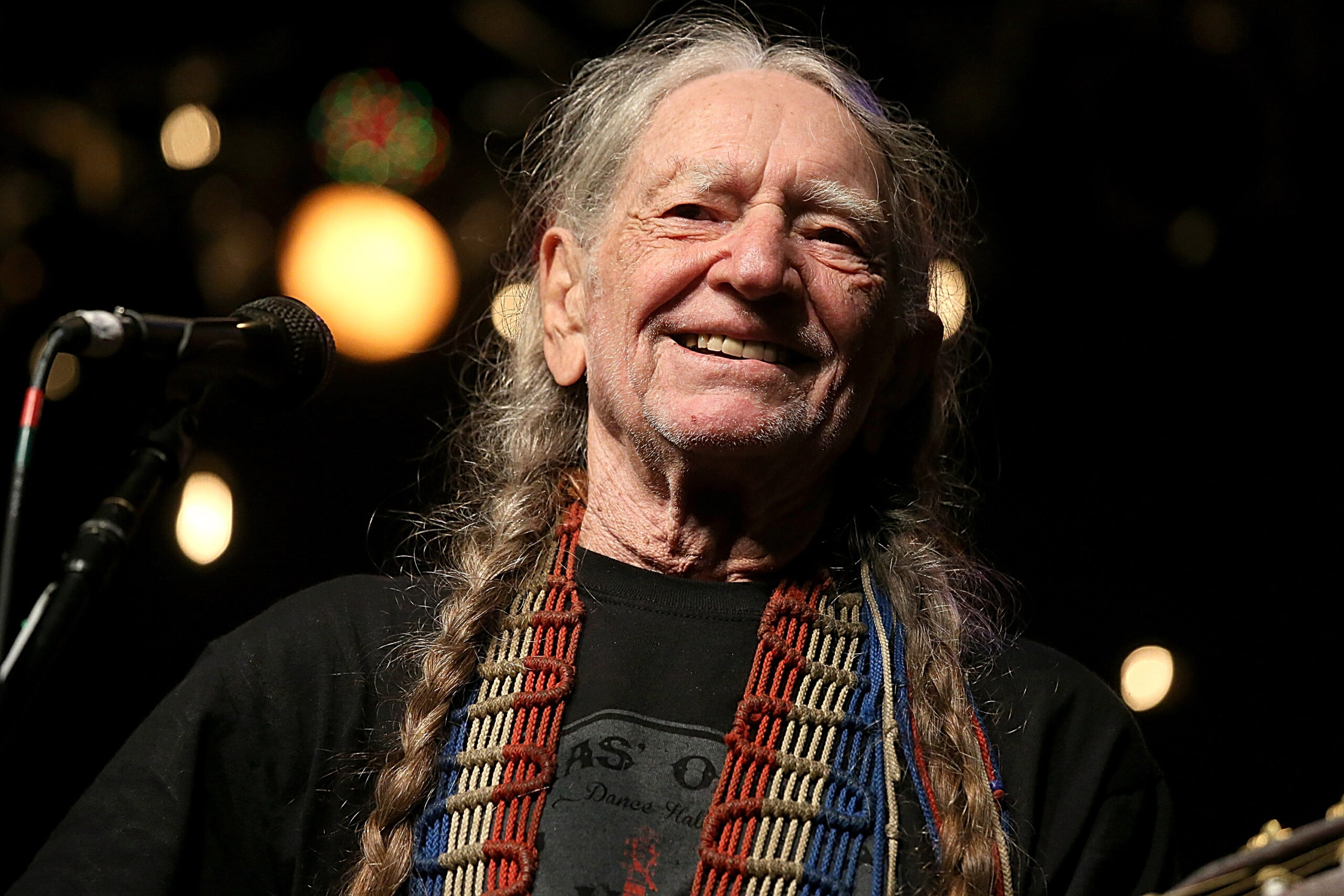Willie Nelson, a name synonymous with country music, has become an emblematic figure in the ongoing discourse surrounding marijuana legalization. His journey with cannabis stretches beyond personal use; it intertwines with his identity and advocacy efforts over the decades. This intersection of celebrity, culture, and cannabis presents an intriguing narrative—one that reflects societal shifts regarding marijuana.
The conversation often begins with Nelson’s public persona as a musician and cultural icon. His laid-back demeanor and rebellious spirit have endeared him to millions, not just for his music but for how he embodies a lifestyle that defies convention. Many fans see him not only as a musician but as a champion of personal freedom—a person who champions causes that resonate with the counterculture movement. This contributes significantly to the fascination that surrounds him.
Throughout his career, Nelson has faced legal challenges related to marijuana possession. These incidents transformed him from a mere celebrity into a symbol of resistance against antiquated laws surrounding cannabis. His arrests and subsequent convictions have sparked conversations about the hypocrisy of drug laws in the United States—laws that disproportionately affect marginalized communities and disproportionately penalize those who, like Nelson, choose to embrace cannabis as part of their lifestyle. This dichotomy raises questions: Why is it that a celebrated artist can experience legal woes while countless others remain ensnared in the judicial system for similar actions?
In the larger context, Nelson’s convictions and his unapologetic stance on marijuana mirror a significant societal transformation. The growing acceptance of cannabis legalization across various states has brought to light the shifting tides of public opinion. Nelson’s advocacy—ranging from his concerts promoting marijuana culture to the establishment of his own marijuana brand—marks him as a pivotal figure in this movement. His brand not only exists as a business endeavor but also as a testament to a life dedicated to challenging stigmas surrounding cannabis use.
Moreover, fascination with Nelson extends beyond celebrity; it speaks to a deeper yearning for authenticity in a world rife with contradictions. Fans and patrons often view him as a beacon of hope—someone who genuinely aligns with their own aspirations for freedom and self-expression. His willingness to confront friend and foe alike about the benefits and value of cannabis cultivates a sense of camaraderie among advocates.
Ultimately, Willie Nelson’s story is not merely about a musician with a penchant for marijuana; it embodies a broader narrative regarding the culture surrounding cannabis, individual rights, and societal norms. In an era where discussions about drug policies and their implications are at the forefront, Nelson represents a voice that resonates with many—an advocate for change in both legislation and societal attitudes, fostering dialogue that may lead to full acceptance and understanding of cannabis in future generations.
